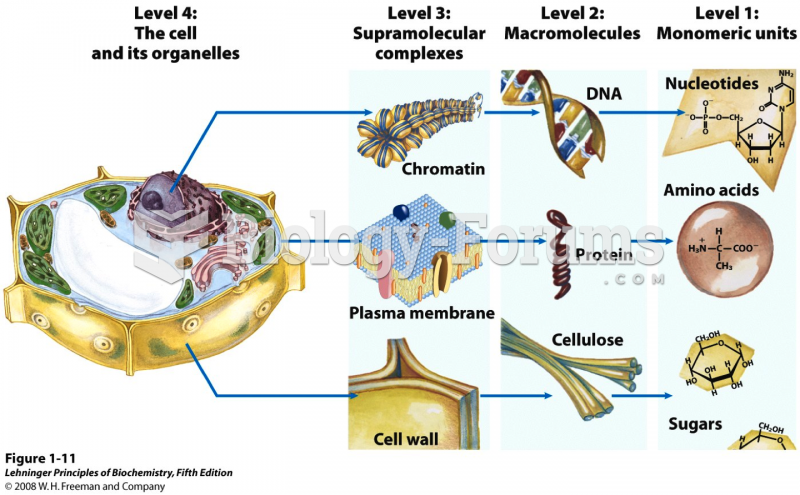|
|
|
Cyanide works by making the human body unable to use oxygen.
More than 30% of American adults, and about 12% of children utilize health care approaches that were developed outside of conventional medicine.
About 100 new prescription or over-the-counter drugs come into the U.S. market every year.
Drug-induced pharmacodynamic effects manifested in older adults include drug-induced renal toxicity, which can be a major factor when these adults are experiencing other kidney problems.
The Food and Drug Administration has approved Risperdal, an adult antipsychotic drug, for the symptomatic treatment of irritability in children and adolescents with autism. The approval is the first for the use of a drug to treat behaviors associated with autism in children. These behaviors are included under the general heading of irritability and include aggression, deliberate self-injury, and temper tantrums.







